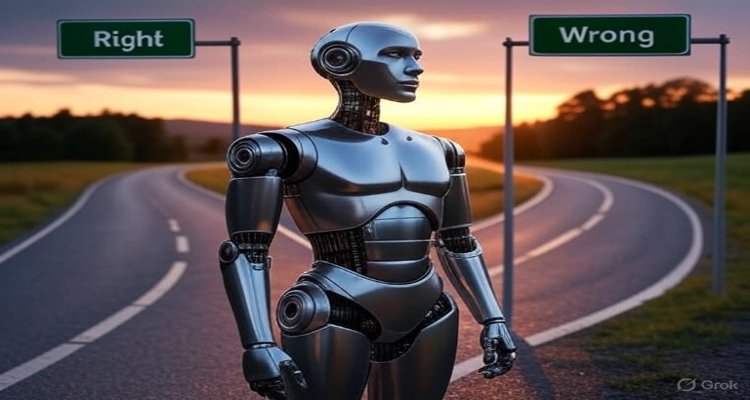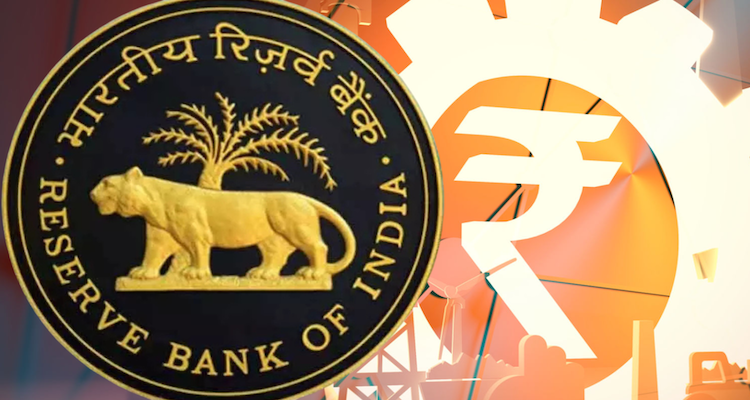Ethical AI Wars: Who Decides What’s Right for the Robots?

In the global race for ethical artificial intelligence, new battles erupt over who gets to define morality for AI systems, raising urgent questions about responsibility, values, and accountability.
Introduction: A Battle for the Robot Soul
As artificial intelligence (AI) systems gain influence over everything from search results to policing and even warfare, an unseen battle wages on—one not fought with code or metal, but with ethics. Around boardroom tables and legislative assemblies, in university lecture halls and Silicon Valley startups, a singular uneasy question echoes: Who decides what’s right for the robots controlling ever more slices of modern life? The fate of future societies may hinge on how this question is answered.cigionline+1
Context & Background: Moral Algorithms and Their Masters
The urgency behind this ethical arms race is not hypothetical. Military-grade AI, autonomous vehicles, and even algorithmic judges in some courtrooms are now part of our everyday reality. Ethical AI is not just about what a machine can do, but about what it should do—and, more importantly, who gets to make that call. The rapid march of AI adoption has far outpaced the development of governing norms. Some of the biggest decisions about robot morality are happening behind closed doors at tech companies, far from public scrutiny or democratic debate.qmul+1
In 2023, the U.S. Department of Defense adopted “ethical principles for artificial intelligence,” highlighting qualities like responsibility, accountability, and transparency. Yet, the fine print—the real-world application of these values—remains contested and variable globally.technologyreview
Main Developments: Drawing Battle Lines in Code
Behind every AI system is a series of choices about data, design, and desired outcomes. Who provides these choices—programmers, policymakers, or private companies—ultimately controls the moral compass of intelligent machines.plato.stanford+1
-
Militaries vs. Regulators: As governments rush to create rules for AI in the battlefield, the stakes are life and death. “Humans must remain in the decision-making loop when lives are at stake,” argue ethicists, but increasing automation and the “optimization” logic of AI risk removing humans from critical moments.cigionline+1
-
Tech Giants vs. Society: Tech companies frequently design ethics guidelines for their products, sometimes in the absence of regulatory oversight. Critics say this risks a “checkbox” approach to AI ethics, with little outside accountability.qmul
-
Global Standards vs. Local Values: No universal agreement exists on robot morality. While the European Union pushes strict AI regulations prioritizing human rights, other countries have adopted less restrictive approaches, raising concerns about uneven ethical baselines and a possible global “race to the bottom”.qmul+1
These competing forces are shaping a world where the same algorithm judged “ethical” in one country could be seen as highly questionable in another.
Expert Insight & Public Reaction: Wrestling With Responsibility
Dr. Elke Schwarz, a leading researcher at Queen Mary University of London, warns about the “erosion of moral responsibility” as AI makes decisions in high-stakes scenarios like warfare. “It’s quite literally a matter of life and death. We don’t want to reach a point where AI decides to take a life, with no one ultimately responsible,” she cautions.qmul
Military experts, too, insist on the primacy of human agency. “Somebody ultimately must be held responsible,” says Joseph Shanahan, a former Pentagon official. “If a machine makes a targeting error, accountability must still rest with a human—a doctrine that’s now under severe stress as robots become more autonomous”.technologyreview
Public opinion reflects deep unease. Surveys show widespread concern about bias, fairness, and transparency in AI systems. Social media regularly erupts over AI-generated decisions in hiring, criminal justice, and healthcare—underscoring society’s discomfort with ceding moral judgment to algorithms.
Impact & Implications: The Price of Delegation
The “ethical war” over AI is not just theoretical. The choices made today will dictate who is protected or marginalized by future algorithms, who benefits or suffers from automation, and how much power is concentrated in the hands of a select few.technologyreview+1
-
Moral Drift: Automation biases and the sheer scale of AI systems can dull ethical vigilance, making it harder for individuals to recognize responsibly make moral choices.qmul
-
Regulatory Gaps: As AI outpaces regulation, new risks arise—such as accountability gaps in automated warfare and the ever-present danger of “black box” algorithms that cannot be scrutinized or appealed.cigionline
-
Societal Impacts: Faulty or biased AI can reinforce historical injustices or discrimination, amplifying harm if ethical guardrails lag technological progress.
The future of robot ethics will shape everything from economic fairness to international stability.
Conclusion: Who Will Forge the Rules?
The ethical AI wars are underway, and what is at stake is not just the functionality of robots, but the values shaping society itself. The answer to “Who decides what’s right for the robots?” remains unsettled—a battle to be decided by lawmakers, technologists, ethicists, and the public acting together.
Ensuring that AI serves humanity, rather than undermines it, calls for transparent debate, inclusive lawmaking, and accountability at every level. The world must decide—before the robots do it for us.
Disclaimer : This article is for informational purposes only and does not constitute legal, professional, or technical advice.










